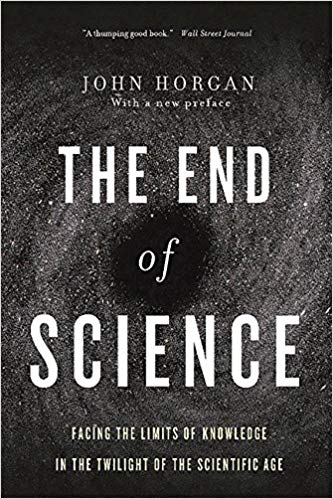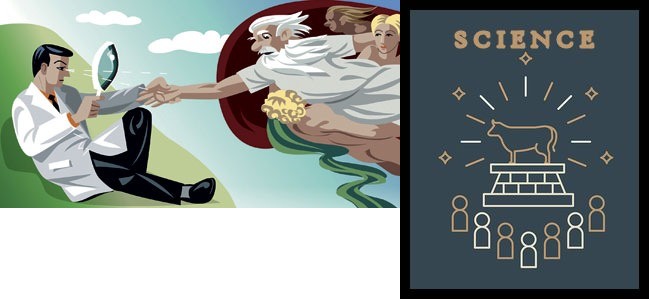
Critical Integration From a Christian Perspective
Our approach to integrating science and Christian faith should be characterized by intellectual integrity and passion. This does not imply that non-Christians do not share these qualities. I am only pointing out that Christians ought to display these qualities as a distinctive of their faith. Arthur Holmes explains,
The Christian believes that in all that she does intellectually, socially or artistically, she is handling God’s creation and that is sacred. . . . The scholar’s love of truth becomes an expression of love of God, just as the citizen’s love of justice in society can be an expression of hunger for righteousness, and the artist’s love for the creative and the beautiful expresses love for the Creator” [Arthur Holmes, Idea of Christian College (Eerdmans, 1987), p. 48]
We should recognize that some disciplines may be less directly open to any specific ‘Christian’ approach, such as in mathematics and the physical sciences. Nevertheless, the attitude of the Christian should be an openness to the possibility of integration. Continue reading “Models of Integration of Science and Faith – Science and Christianity: Part 5/6”





